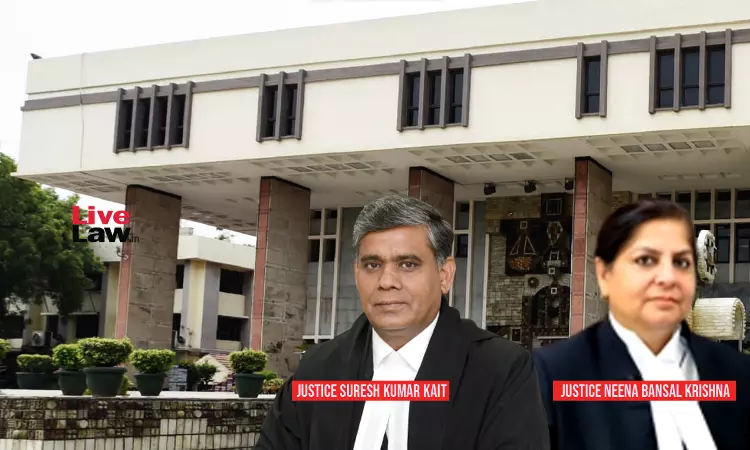Deprivation Of Conjugal Relationship ‘Extreme Cruelty’: Delhi High Court Allows Husband's Plea For Divorce
Nupur Thapliyal
7 Oct 2023 11:15 AM IST

Next Story
7 Oct 2023 11:15 AM IST
The Delhi High Court has observed that for a married couple to be deprived of the conjugal relationship and of each other’s company is an act of extreme cruelty.A division bench of Justice Suresh Kumar Kait and Justice Neena Bansal Krishna upheld a family court order granting divorce to a husband under Section 13 (1)(ia) of the Hindu Marriage Act, 1956, on the ground of cruelty by wife....
